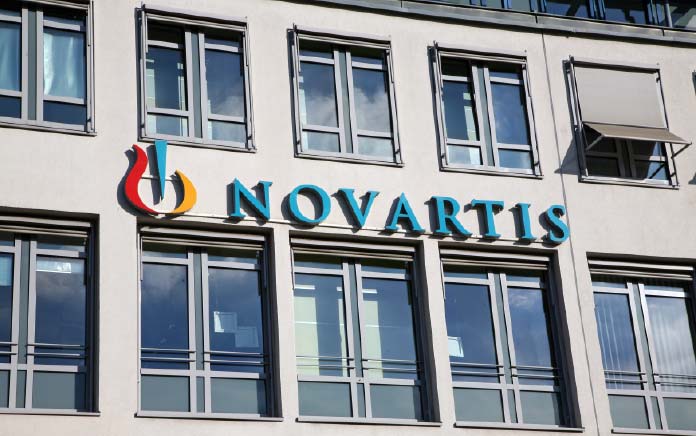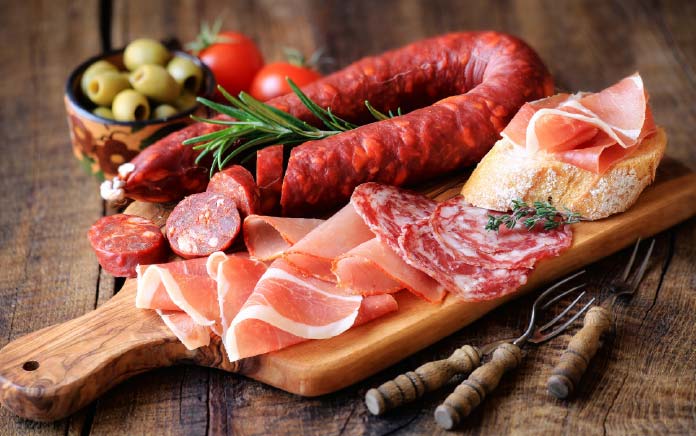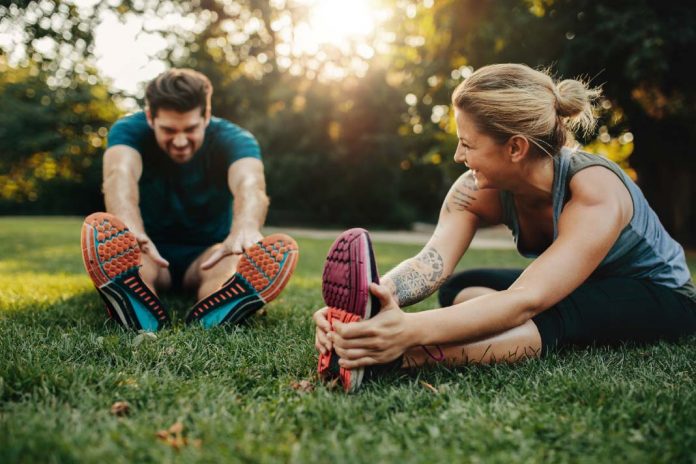TO EAT OR NOT TO EAT?
A UK study found that one should eat after a morning workout, as opposed to before. Although the eat-after group didn’t lose more weight than the eat-before group during the six weeks of the study, it did have “profound and positive” effects on the health of the group that fasted, researchers said. Skipping the meal before exercise made the men’s muscles more responsive to insulin, which controls high blood sugars, thus reducing the risk for diabetes and heart disease. The group who exercised before breakfast increased their ability to respond to insulin, despite both groups losing a similar amount of weight and both gaining a similar amount of fitness.
www.cnn.com
 FOR OR AGAINST?
FOR OR AGAINST?
The pharmaceutical company Novartis is planning to introduce a lottery system to give away the world’s most expensive drug for free, but patient advocates are concerned that picking ‘lucky’ people isn’t the best way to do things. The drug, Zolgensma, is a USD2.1 million treatment for spinal muscular atrophy, a rare genetic disorder that leads to children losing control of their muscles.
The lottery system — which has been called a managed access programme — would establish a bi-weekly draw for babies under the age of two who live in countries where Zolgensma is not approved. Those who are not chosen will simply stay in the programme until they are no longer medically eligible.
www.independant.co.uk
 BENEFICIAL INVENTION
BENEFICIAL INVENTION
Engineers at the Massachusetts Institute of Technology have introduced a new laser ultrasound technique that leverages an eye- and skin-safe laser system to remotely image the inside of a person without direct contact with the body. When trained on a patient’s skin, one laser remotely generates sound waves that bounce through the body. A second remotely detects the reflected waves, which researchers then translate into an image similar to conventional ultrasound. This invention could prove useful in the case of patients who don’t tolerate the ultrasound probe well, such as babies, burn victims or other patients with sensitive skin.
www.sciencedaily.com
 MEAT THE CULPRIT
MEAT THE CULPRIT
Processed meats have been classified as Group 1 carcinogens, known to cause cancer in humans. A new review finds that the strength of this evidence varies according to whether the meat contains nitrites. Researchers from the Institute of Global Food Security, at Queen’s University Belfast, reviewed recent studies on links between processed meat consumption and cancers of the colon, rectum and bowel. They found that only around half the studies concluded that there was evidence of a link with colorectal cancer. However, that proportion jumped to nearly 65-per-cent when they limited their analysis to studies in humans that only involved testing the effects of processed meats containing nitrites. The findings clearly show that not all processed meats carry the same level of risk.
www.medicalnewstoday.com
 BE WELL INFORMED
BE WELL INFORMED
Experts are warning that people eating a vegan diet need to make sure they get enough B12 – because the risk of deficiency is “not a myth”. They were speaking ahead of ‘Veganuary’, when increasing numbers turn to veganism each January. The diet makes some nutrients harder to get enough of – including B12. Adults need around 1.5 micrograms of B12 a day, found in meat, fish, eggs and dairy products, but not in fruits, vegetables or grains. B12 deficiency, which can lead to nerve damage, tends to take three or four years to cause symptoms. The Vegan Society says that vegans must obtain vitamin B12 from fortified foods or supplementation.
www.bbc.com





































